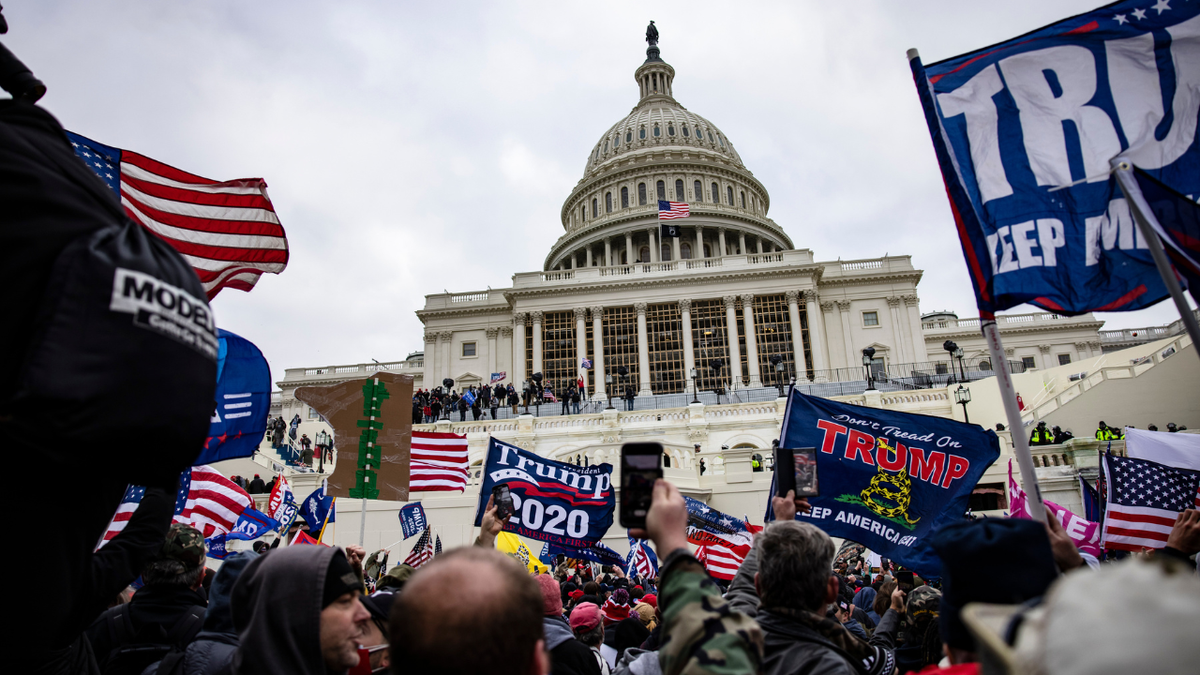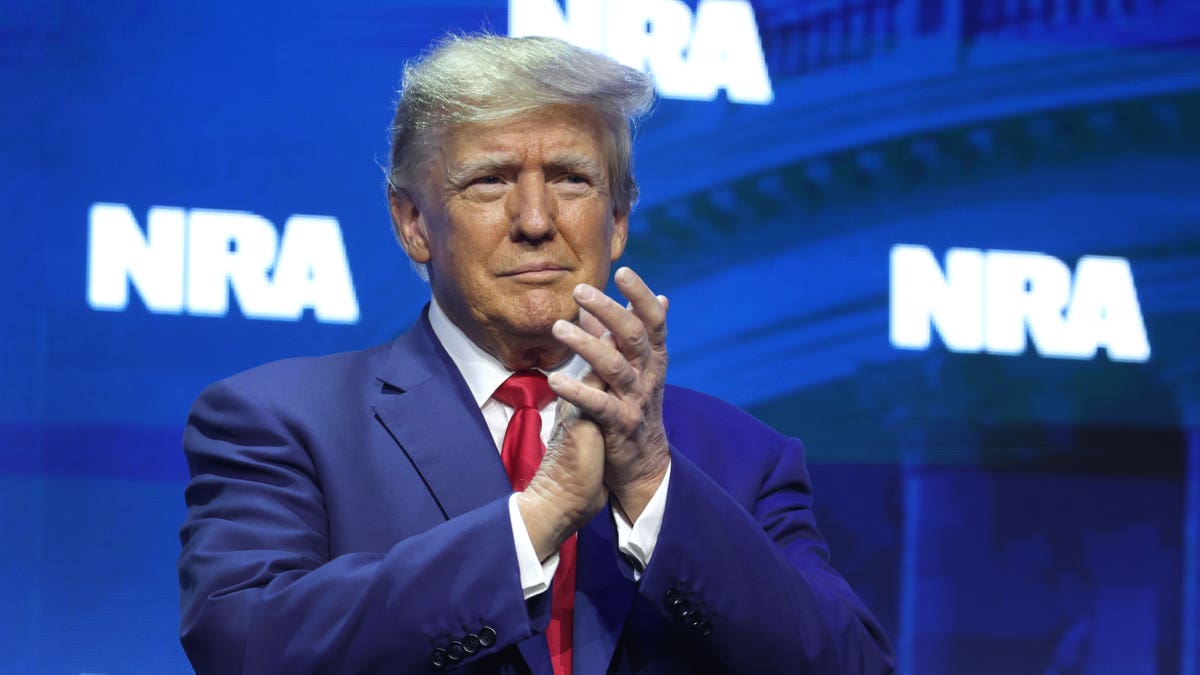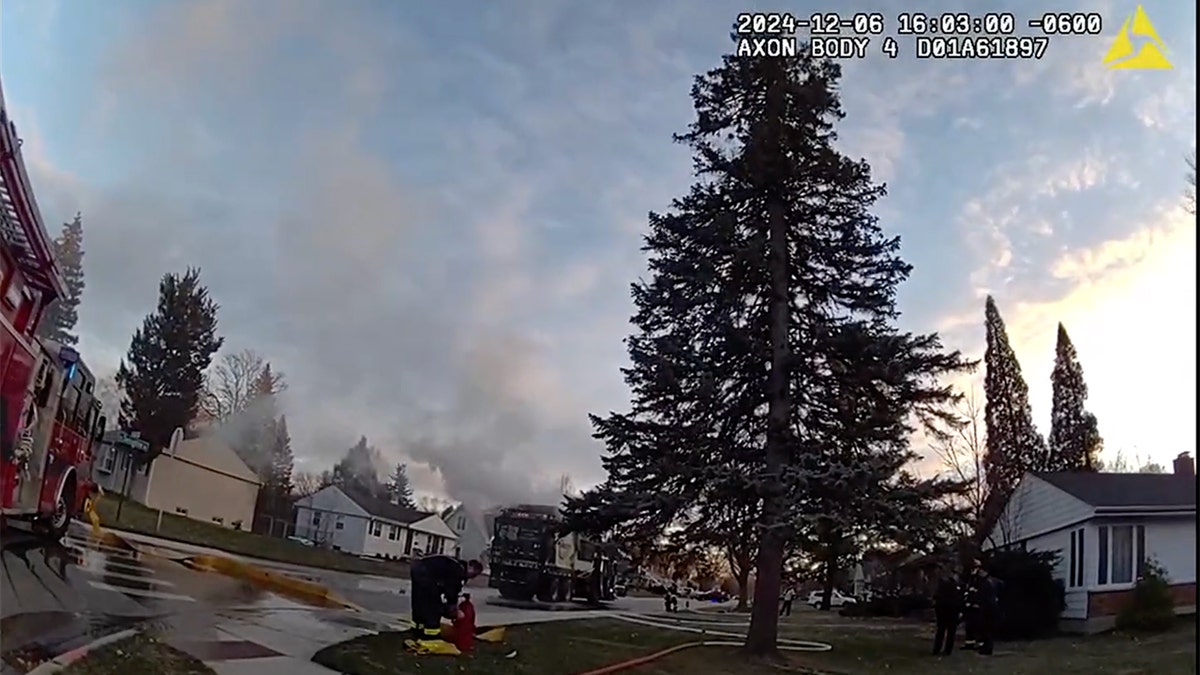A federal judge ruled on Monday that individuals involved in the January 6th events, whose sentences were commuted by former President Donald Trump, are permitted to visit the U.S. Capitol without seeking prior authorization. This decision by District Judge Amit Mehta comes in response to a Justice Department petition filed under the Trump administration. The DOJ sought the removal of restrictions barring certain January 6th defendants from visiting the Capitol, which had been imposed as part of their sentences.
Judge Mehta clarified that while he won't remove these restrictions from the official sentencing records, the commutations issued by Trump effectively nullify their enforcement. "Defendants are no longer bound by the judicially imposed conditions of supervised release," Mehta wrote in his order.

The individuals affected by this ruling include those whose sentences were commuted, not those who received full pardons. The initial restriction, imposed just days prior, barred specific defendants – including Stewart Rhodes, Kelly Meggs, and others – from entering Washington D.C. or the Capitol grounds without court approval.
The distinction between a pardon and a commutation is key here. A pardon effectively erases a conviction, while a commutation reduces or alters the sentence without removing the conviction itself. Judge Mehta's earlier argument was that Trump's commutations pertained solely to the prison terms, not the conditions of supervised release. However, this latest ruling clarifies the defendants' freedom to visit the Capitol.

Legal expert Jonathan Turley, a Fox News contributor, described the initial restrictive order as "very unusual," highlighting the unique legal implications of commuting a sentence without a full pardon.

Earlier, Trump pardoned a large number of January 6th defendants, fulfilling a promise made during his inaugural parade.








